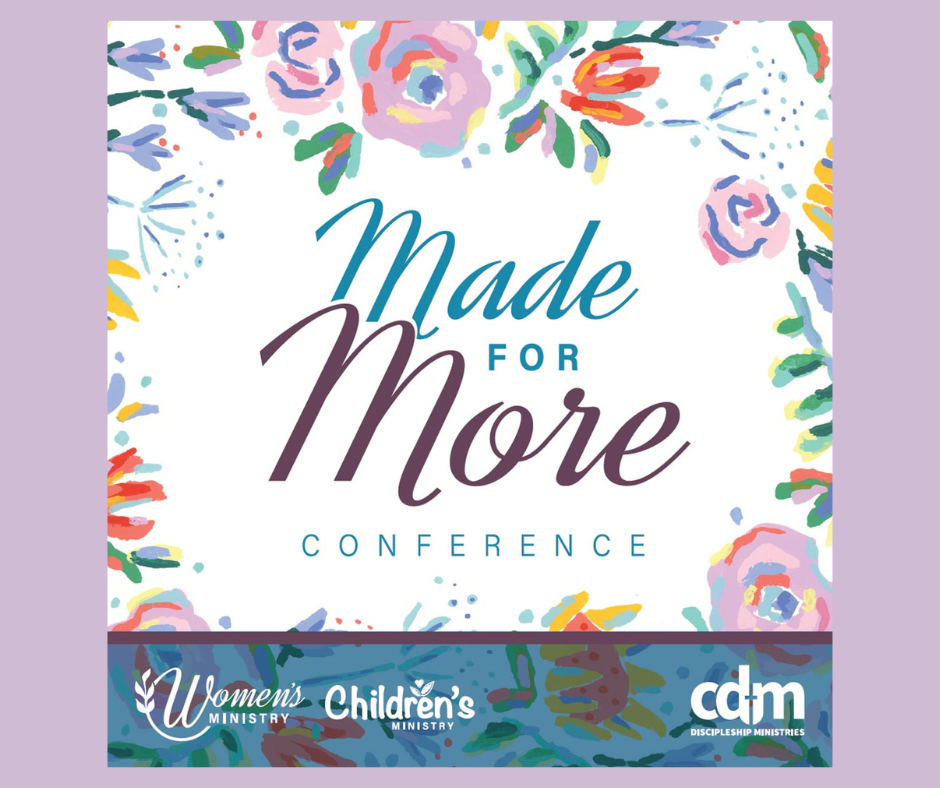Cherish: Encouragement and Equipping for Ministry
HANNAH STARNES|GUEST Not quite two years into full time ministry, I attended my first WE (Wives of Elders) event at Women’s Leadership Training in Atlanta. WE was just getting off the ground and as a young pastor’s wife, I was thrilled there was a ministry specifically for the wives of elders. Though my husband had not been a TE (Teaching Elder) for long, we were already weary, and I found myself continuing to take on more than I should because I believed that was expected of me. A joke had been made more than once that when my husband was hired, they had gotten “two for the price of one” because I had a hard time saying no. Without a mentor to guide me, I burned out quickly. But at the WE meeting, I felt relief for the first time. I was pregnant and therefore already emotional, but as I left the room I cried as I recapped the experience to my mom, telling her that I had met and connected with women who understood what I was going through. I was no longer alone! It was a special time of sharing one another’s burdens as well as rejoicing with one another through the cheerful parts of ministry. I saw 1 Corinthians 12:26 working out before my eyes, “If one member suffers, all suffer together; if one member is honored, all rejoice together.” I came away feeling refreshed. In early 2024, I joined the WE team to be a liaison for the new WE cohorts. I wanted others to feel the way I did after that first WE meeting—connected, cared for, understood. It is a privilege to be a part of a group that seeks to connect elders’ wives to one another to fight against the feelings of isolation, bitterness, and misunderstanding. These cohorts have changed and altered over time but still maintain the purpose of connecting both teaching and ruling elders’ wives together for the purpose of encouragement and glorifying God together...










